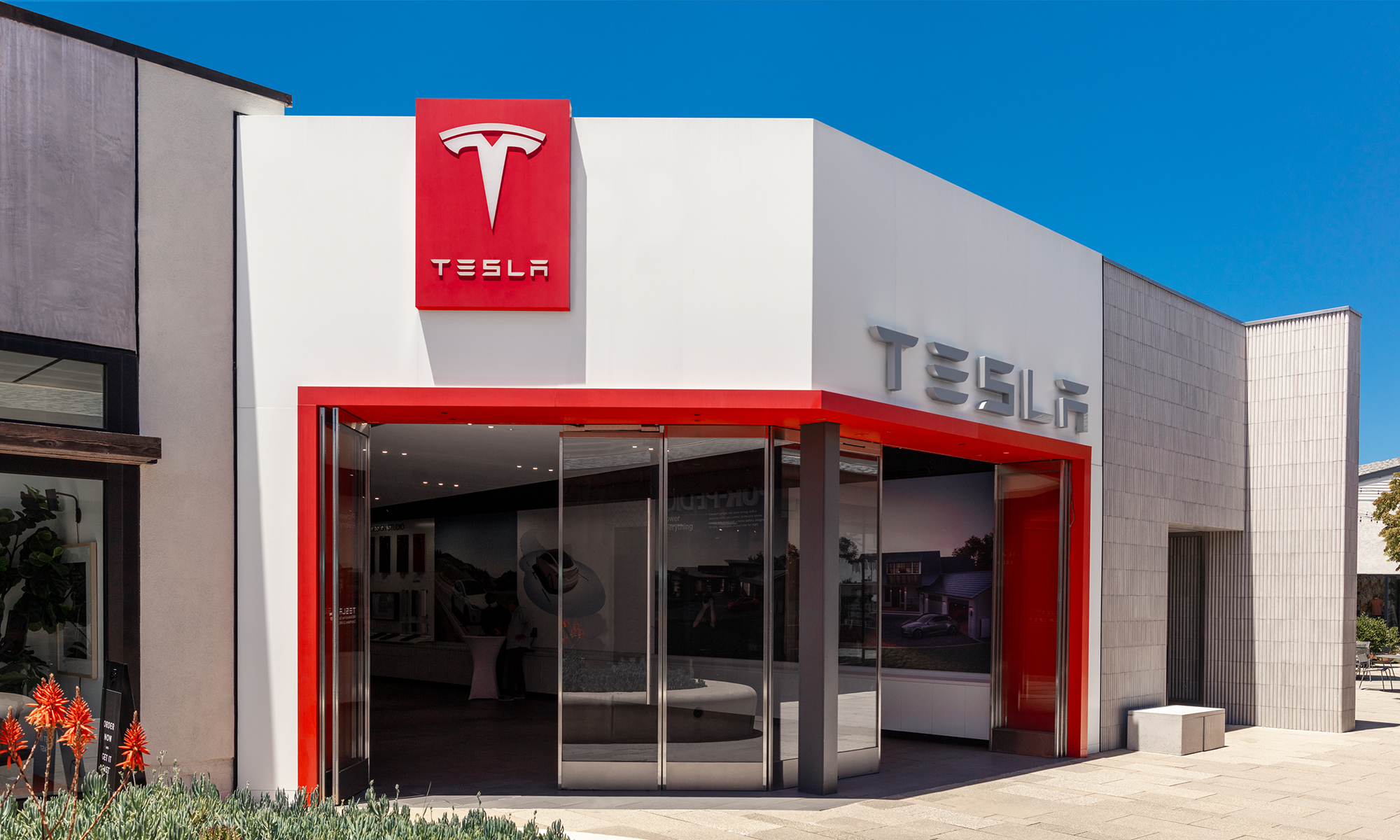Tesla (TSLA 0.04%) stock closed at $182.84 yesterday. That's the second time in the last 10 days shares closed above $180. Those levels are meaningful because they're near the stock's all-time high of $194.50. Even more, the return to higher levels is impressive considering Tesla was trading at levels below $140 in the middle of the month. Up about 29% from those levels, could the stock soon reach new highs?

Model S. Source: Tesla's official Twitter feed.
Tesla's valuation dilemma
While I won't attempt to make any predictions of where the stock will go in the short term, a look at Tesla's valuation in relation to its prospects can help investors get a grasp of whether levels above $194.50 are possible.
By most metrics, Tesla is wildly overvalued. For instance, Tesla trades at 12 times sales. Comparatively, Ford and General Motors trade at 0.4 times sales. Or, here's another way to look at it. Tesla's market capitalization per car is nearly $1 million. General Motors'? About $5,300. The difference between Tesla's valuation and those of its U.S. peers is a chasm.
A forward-looking market
But you can't value a disruptive growth company like Tesla by looking backwards. The market is a forward-looking mechanism, and Tesla has an incredible future ahead of it. For 2014, Tesla vice president of China operations told Reuters that the company is aiming to double its 2013 deliveries of 22,450 in 2014. Longer term, Tesla plans to launch a more affordable fully electric car that is about half the price of its Model S. Putting the icing on the cake, Tesla is already paving the way for future growth by rapidly expanding internationally.
With Tesla considering building the world's largest lithium-ion factory, and even pondering the possibility of an auto factory in China, forecasted levels of 45,000 deliveries per year for 2014 still doesn't come close to capturing Tesla's potential over the long haul. Considering Tesla's impressive execution so far, it's possible Tesla could be selling hundreds of thousands of units per year when its more affordable car hits the market.
But even hundreds of thousands of units per year is small. General Motors alone sold 9.7 million vehicles in 2013. Total auto deliveries in 2013 were 82.8 million. If Tesla carves out a meaningful niche for itself by the end of the decade and commands just 0.5% market share, it could be delivering 500,000 thousand vehicles annually. Indeed, this is Musk's aspiration.
"Such rapid growth would be unprecedented in the history of the automobile," Mark Rechtin recently wrote in Automotive News. Further, if Tesla does accomplish growth like this by 2020, the company's incredible execution will likely continue to command an impressive premium to sales. Investors may wonder, "If Tesla can get to 500,000 vehicles in such a short time, what's to stop it from getting to 2 million in the next five years?"
Undervalued, or not?
So this brings us back to our original question: Can Tesla rise past its all-time high of above $190? Definitely. A look at Tesla's small slice of the pie in relation to total global auto sales shows there is plenty of upside potential for the company.
While this doesn't necessarily imply that Tesla is undervalued, it does suggest that concluding the company is overvalued simply because historical valuation metrics look ludicrous may not be the best approach to looking at Tesla stock. Even more, when you marry Tesla's proven execution with its audacious goals, rating the stock at least a hold seems completely reasonable.
Tesla is not limited to $190.






